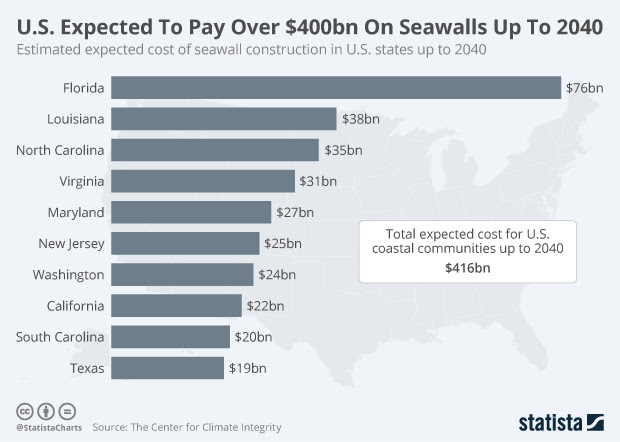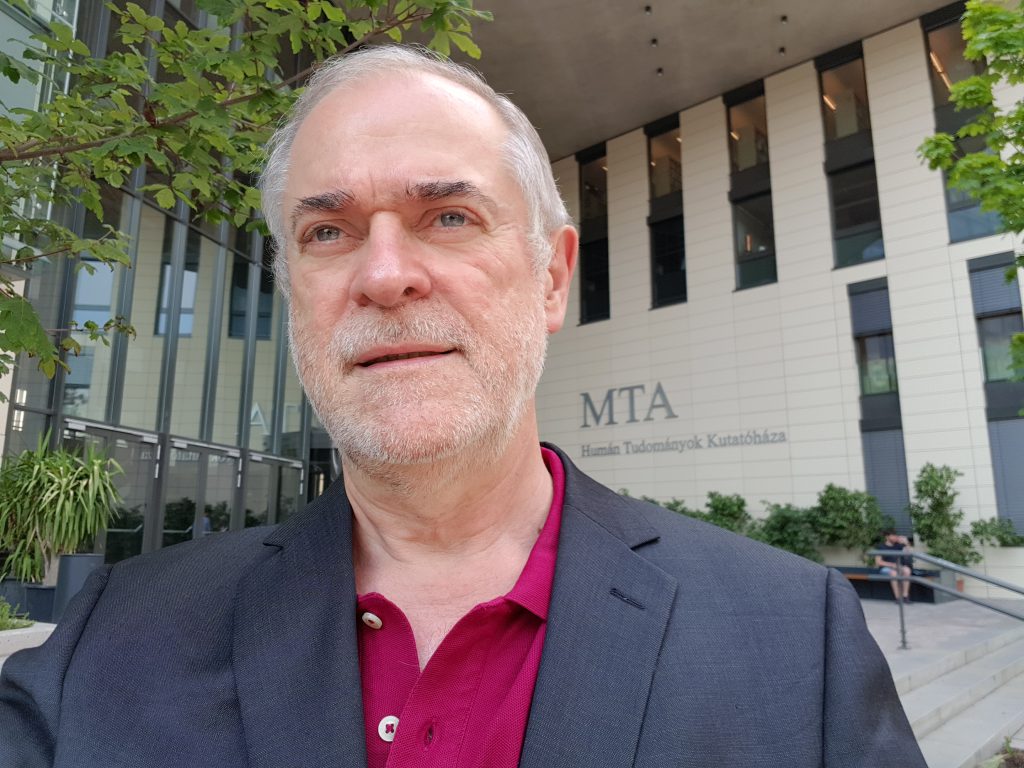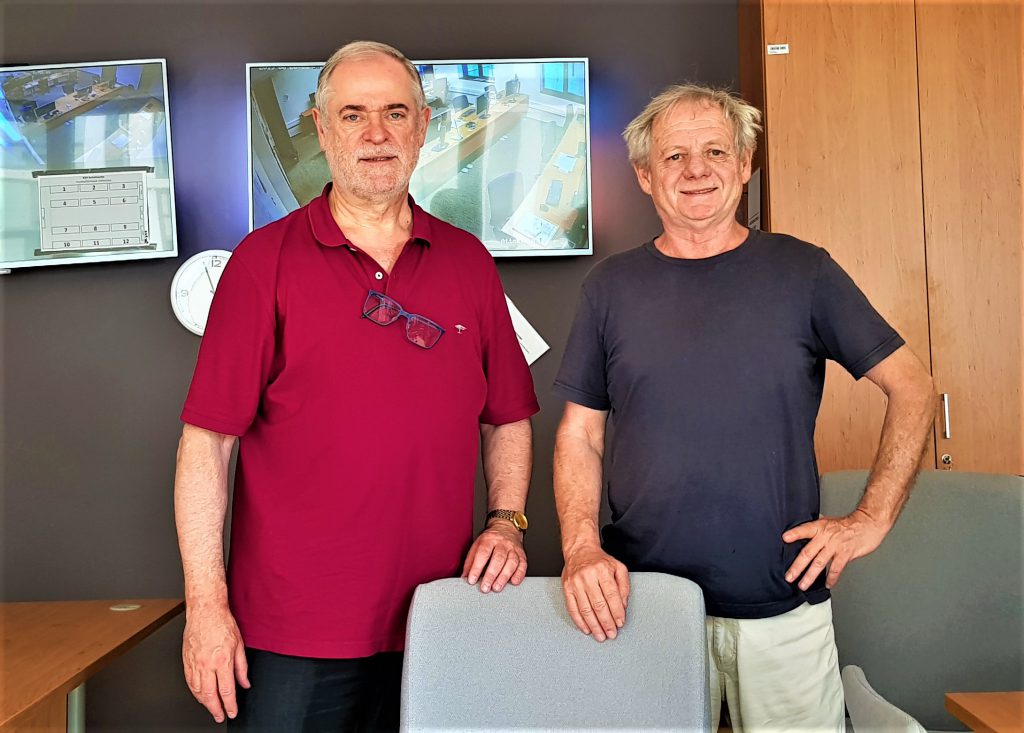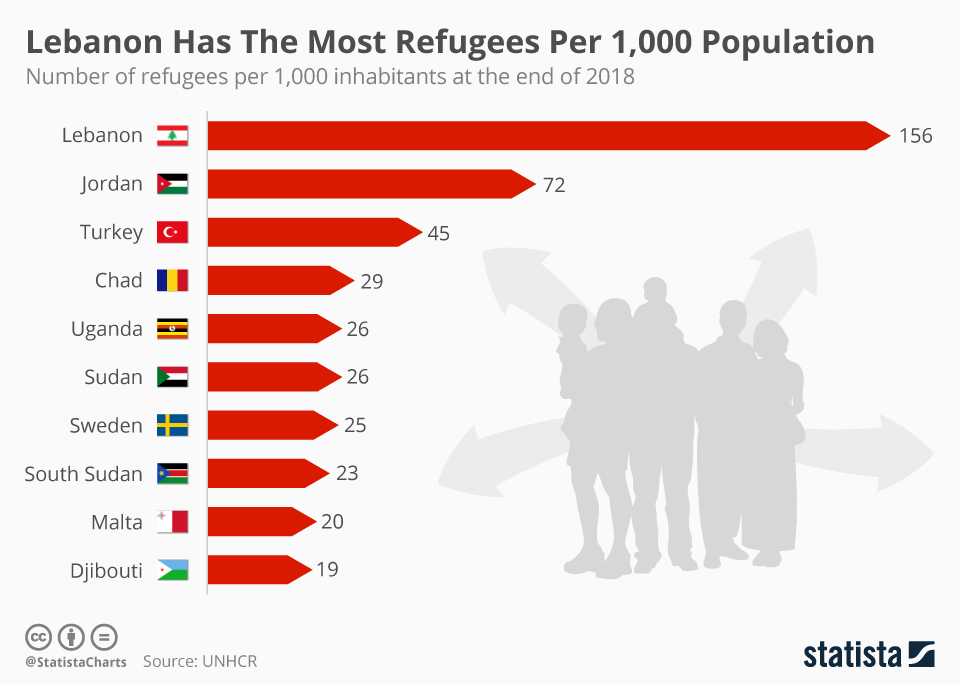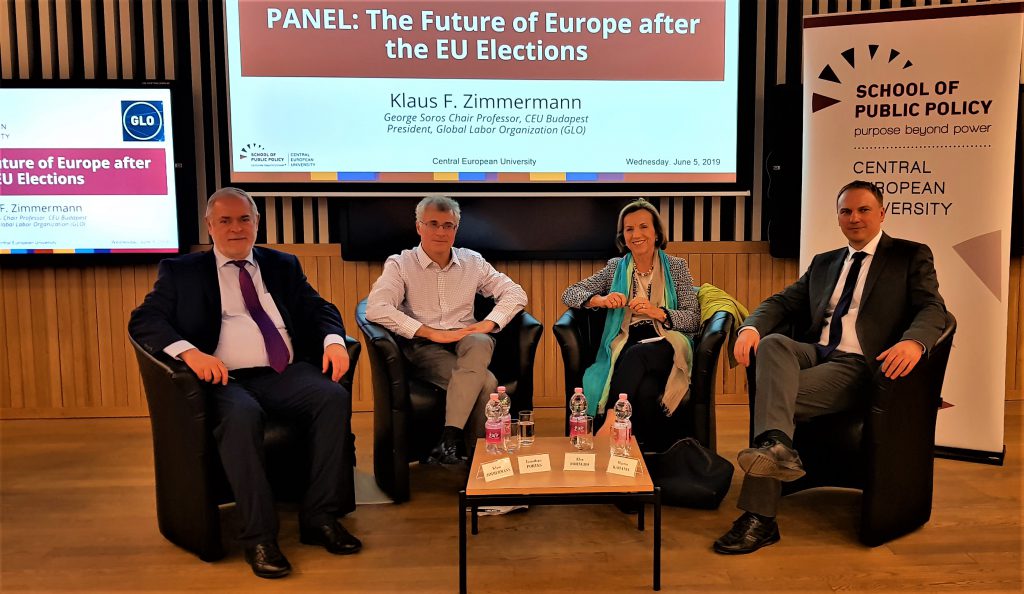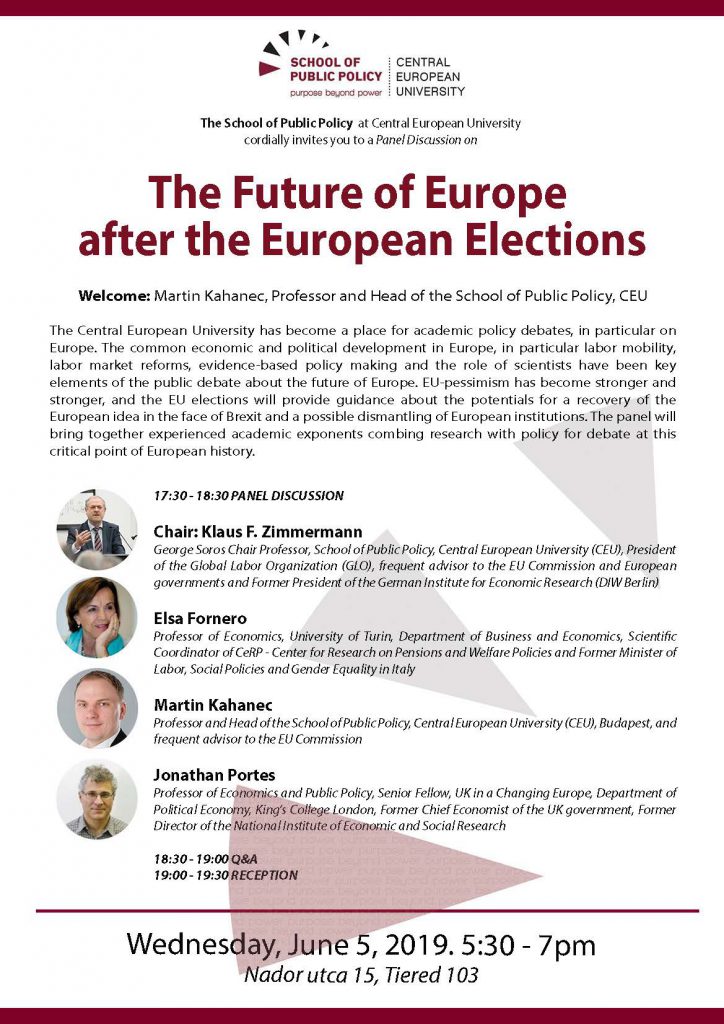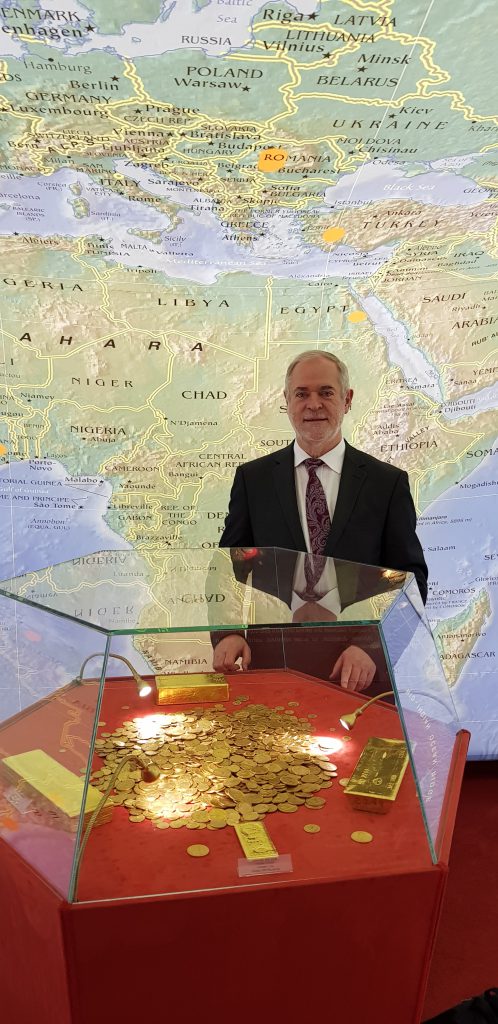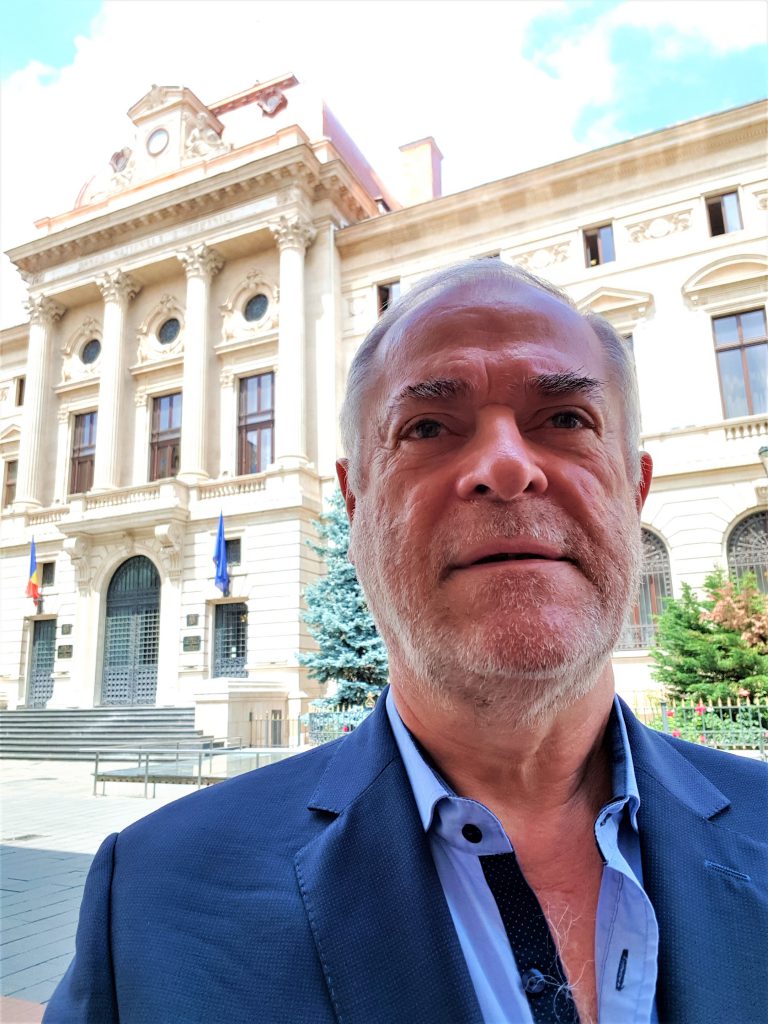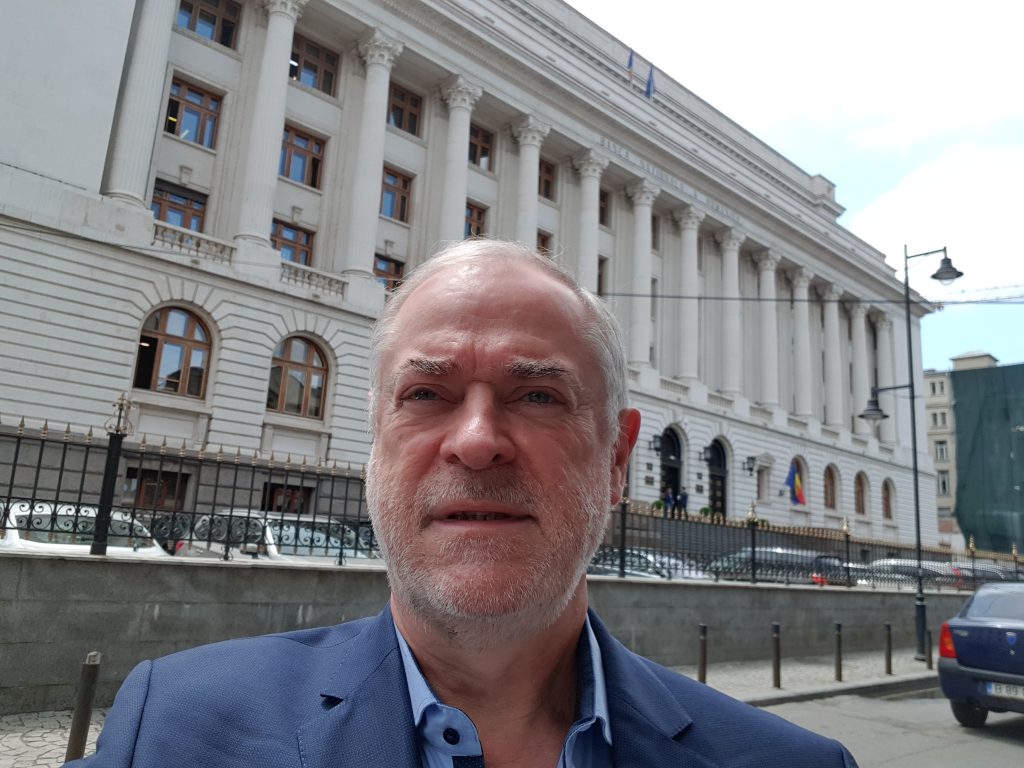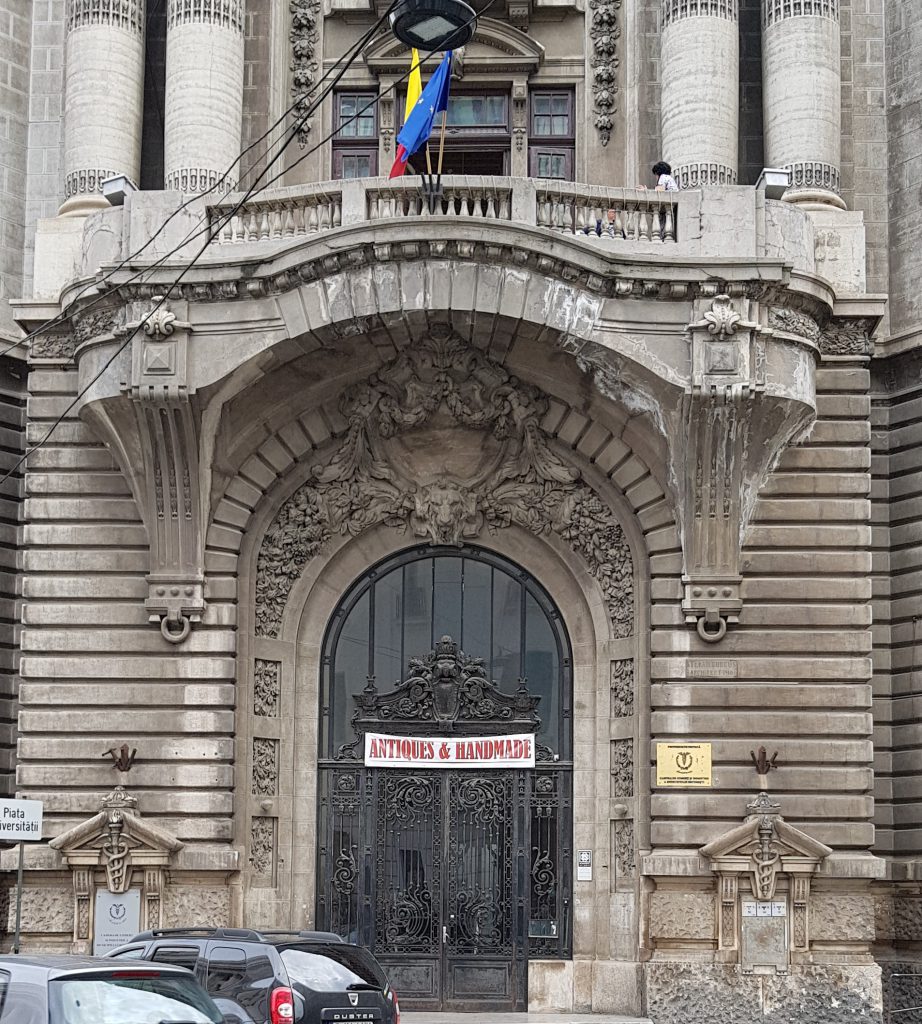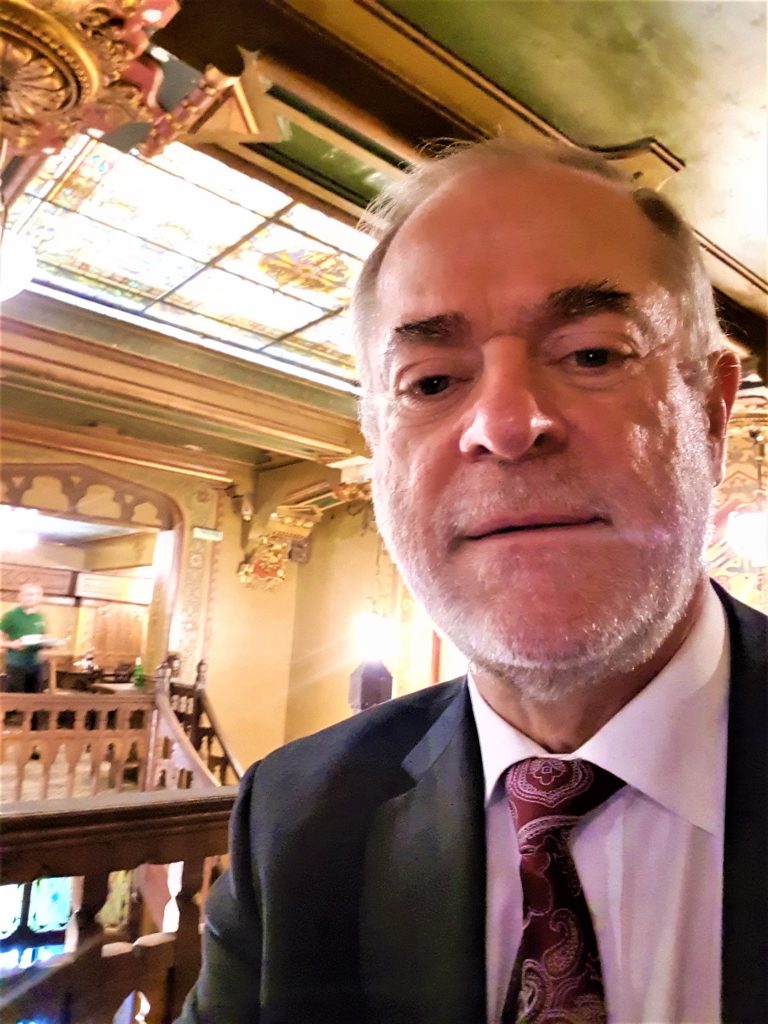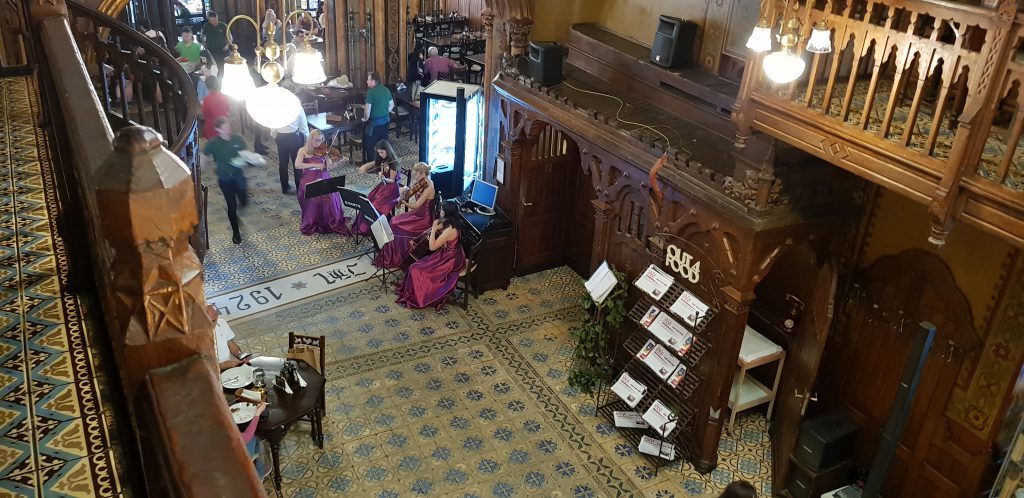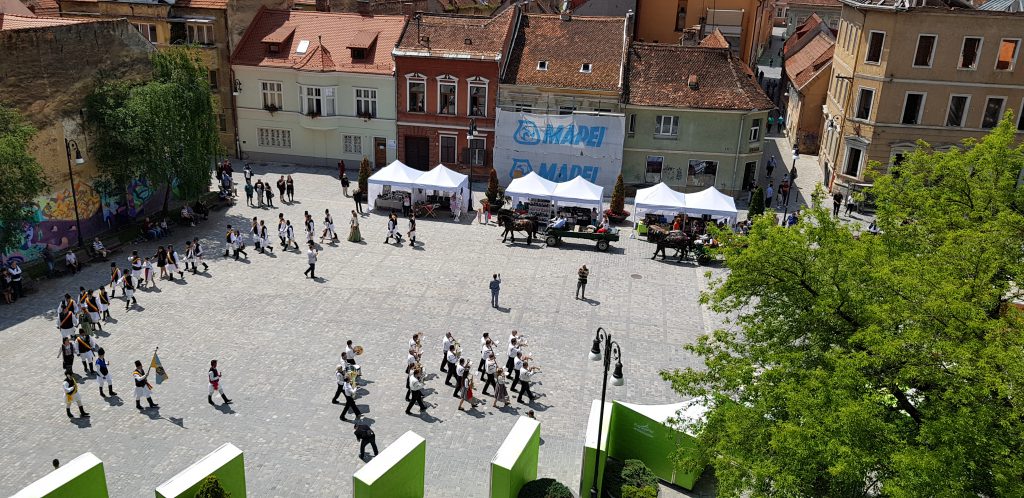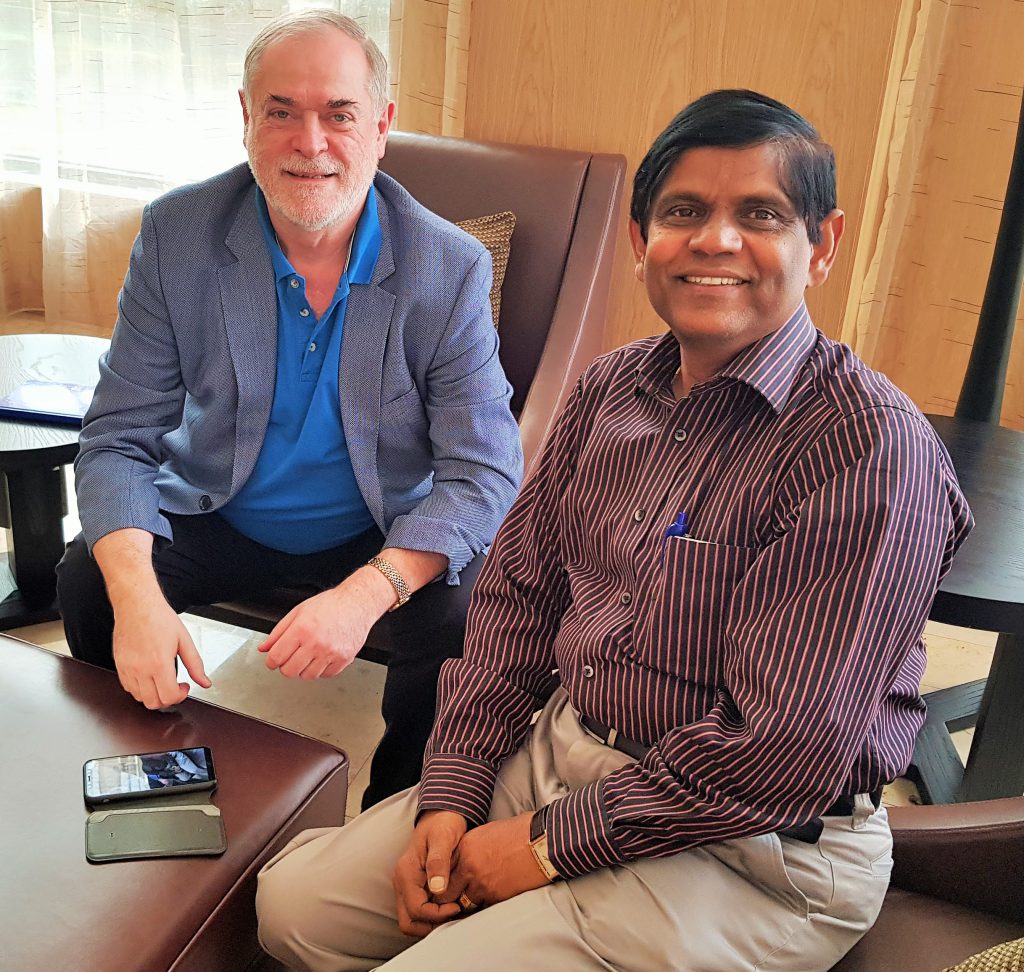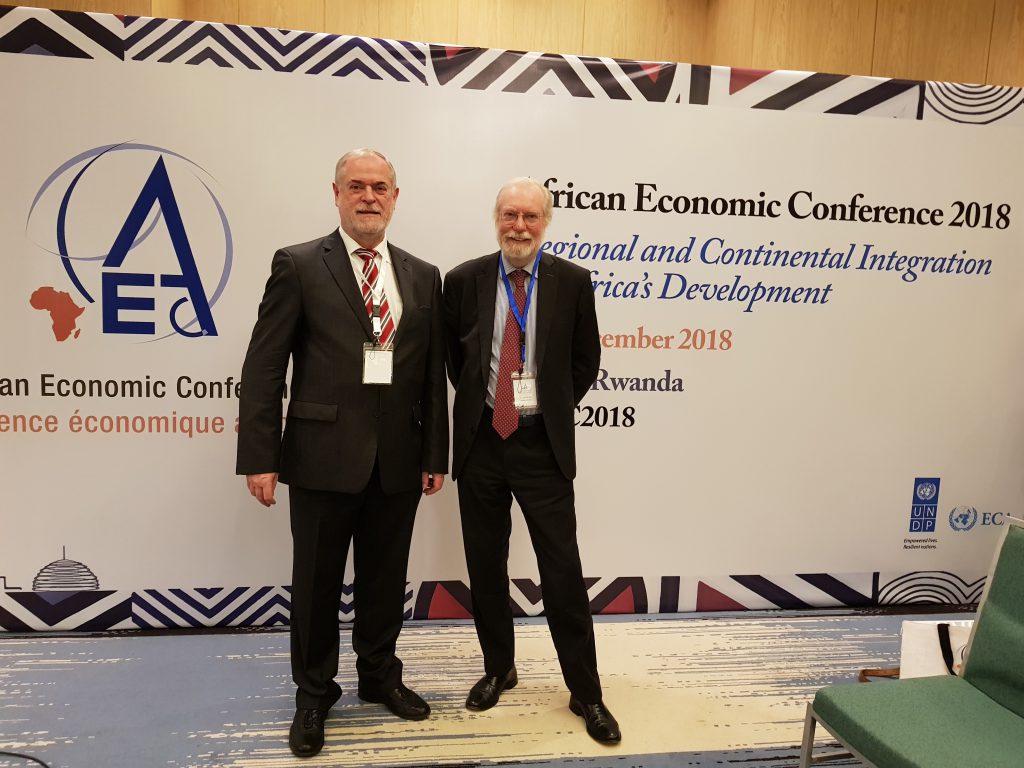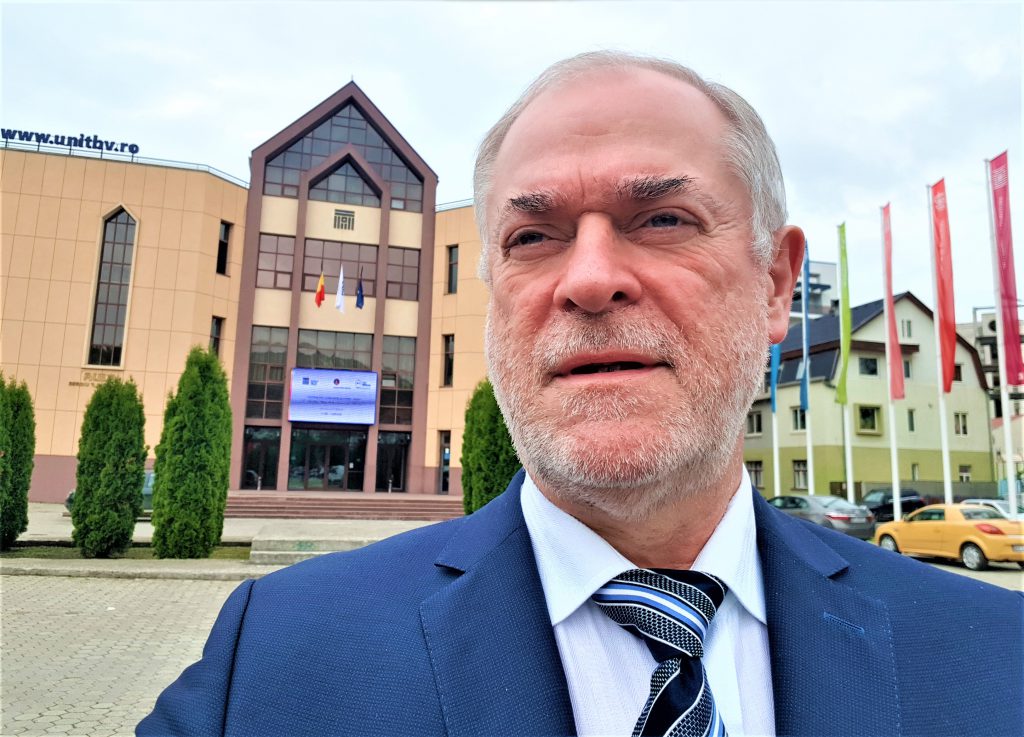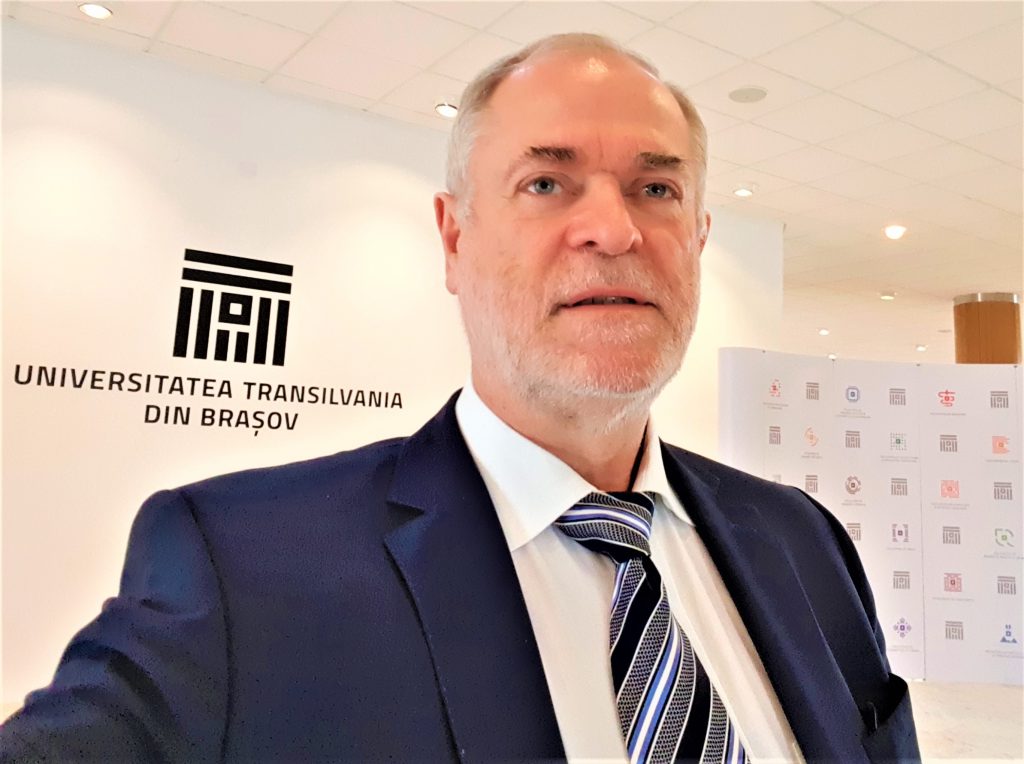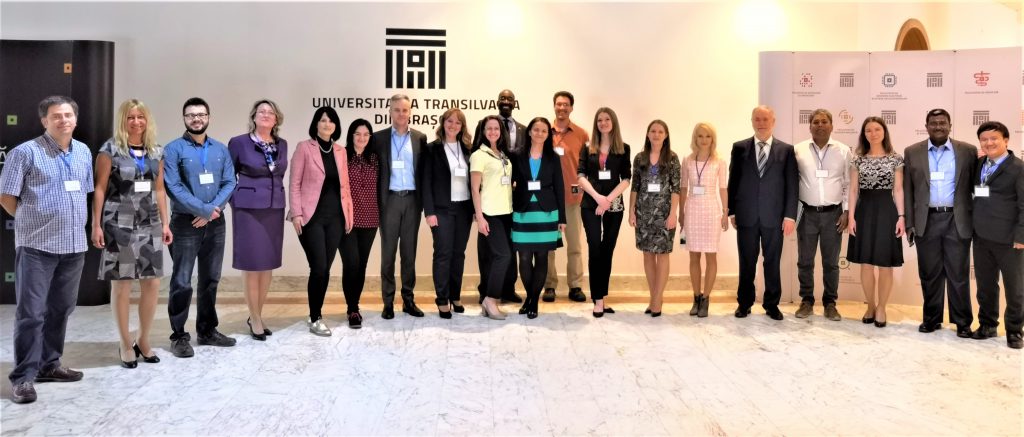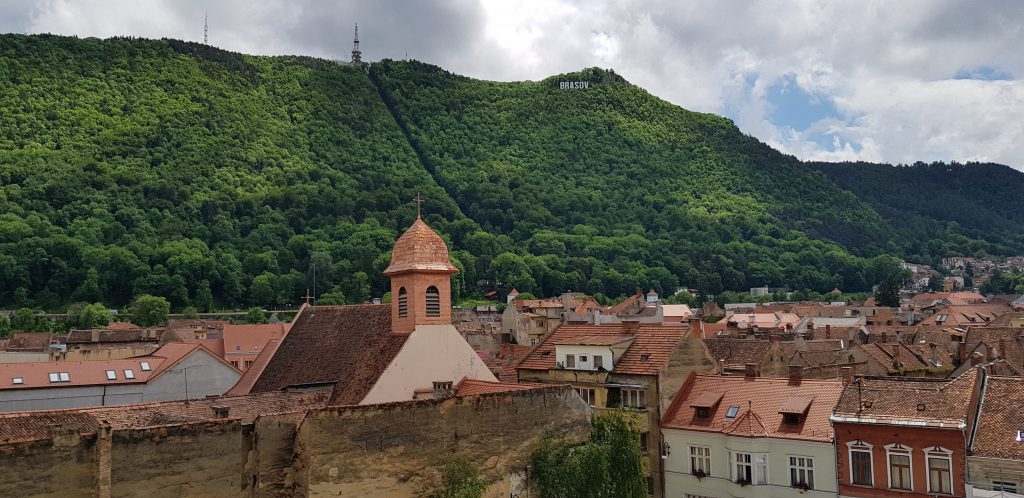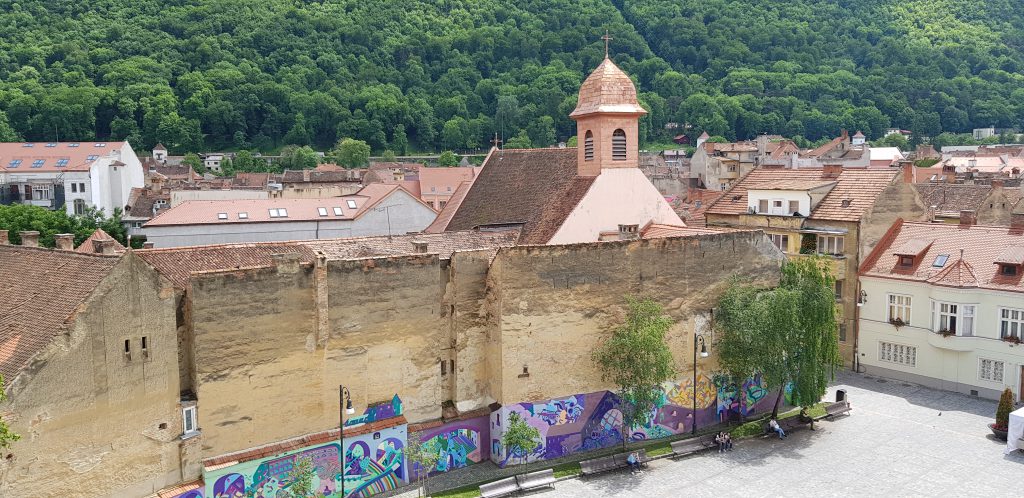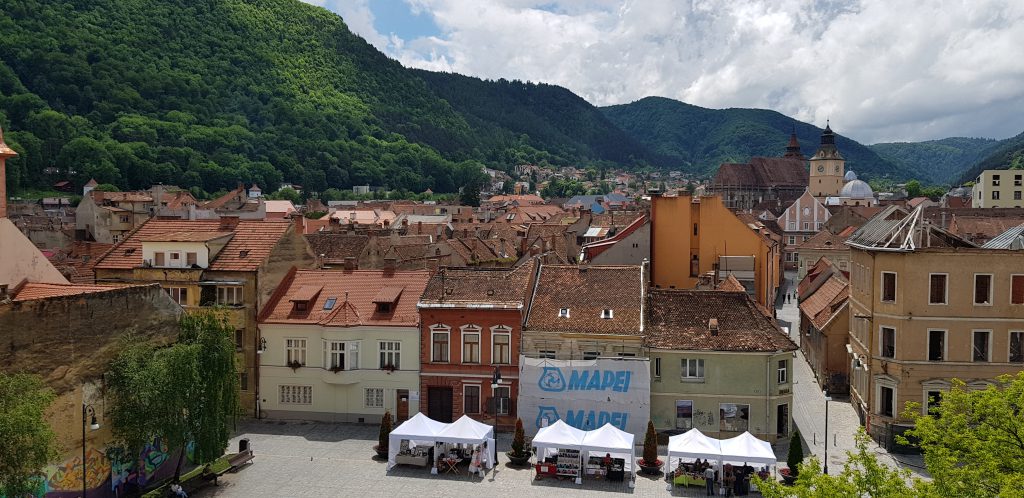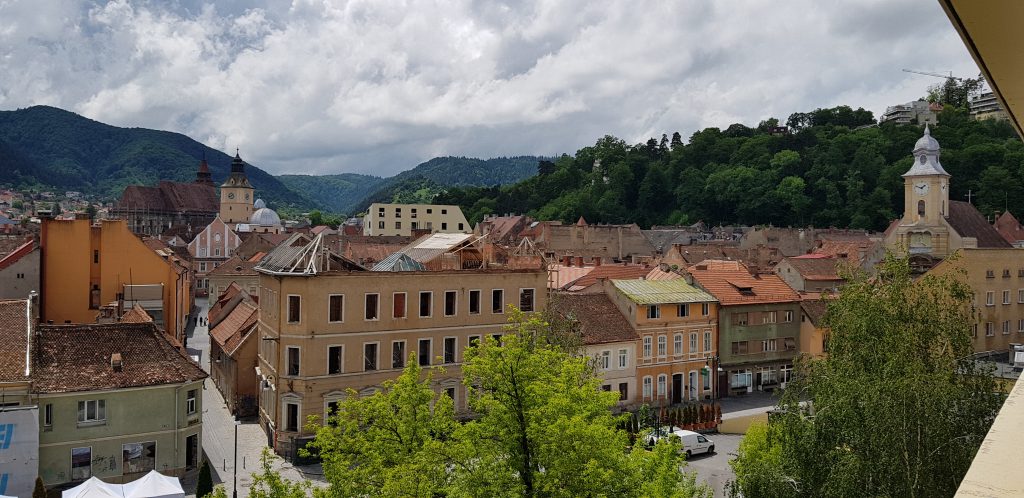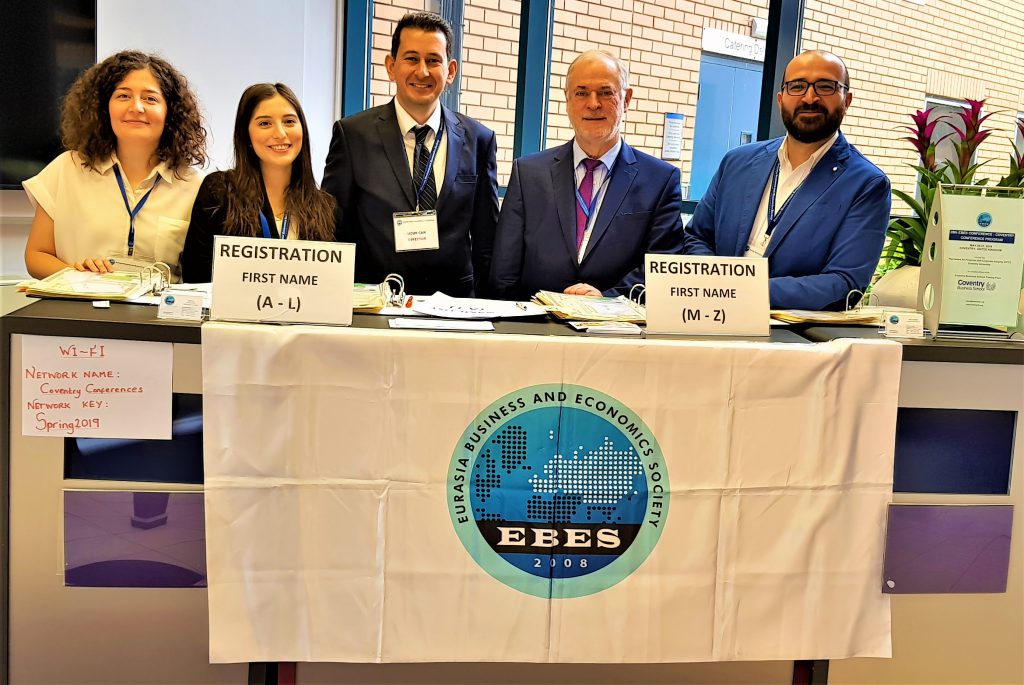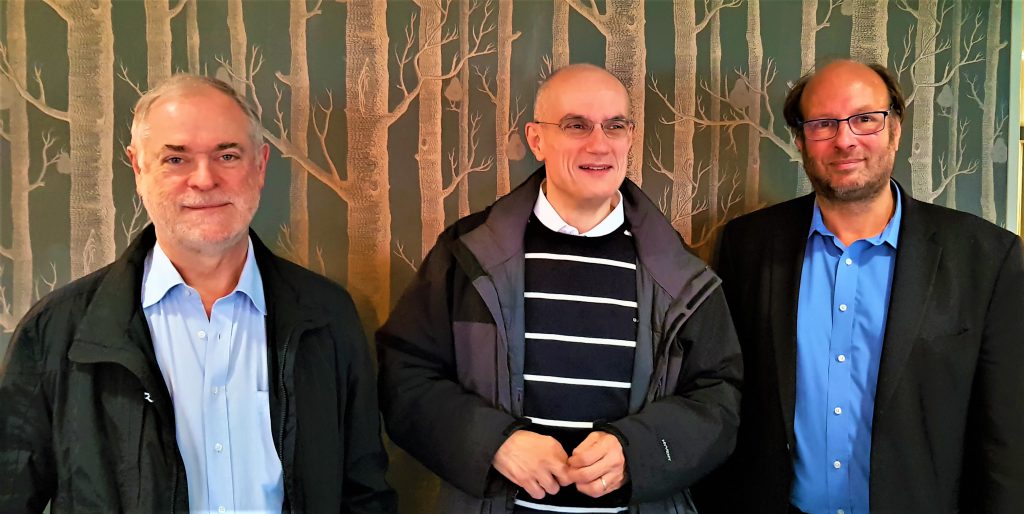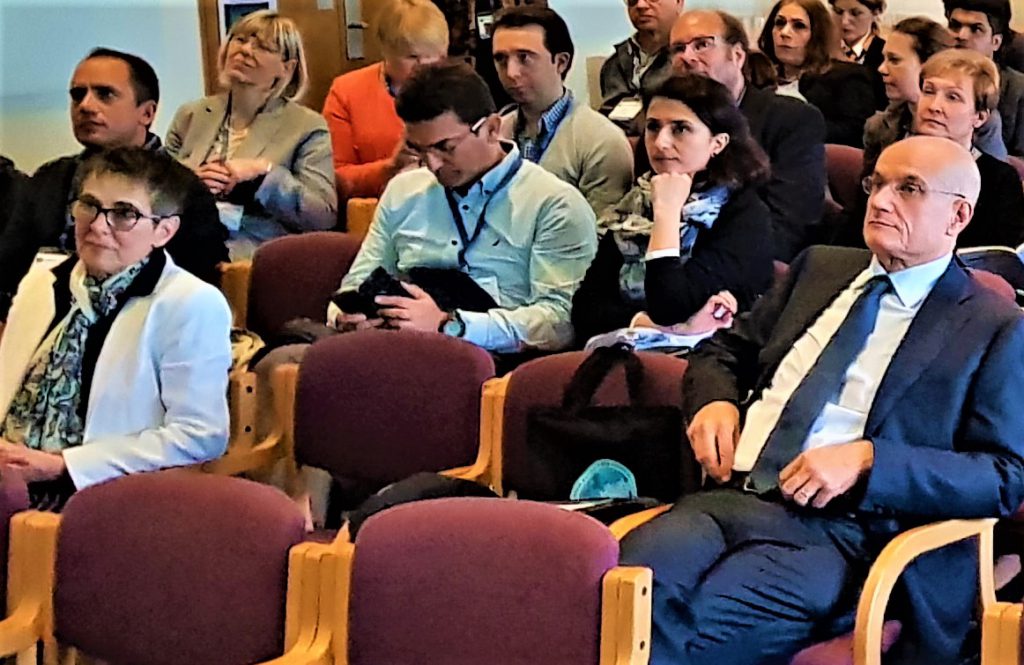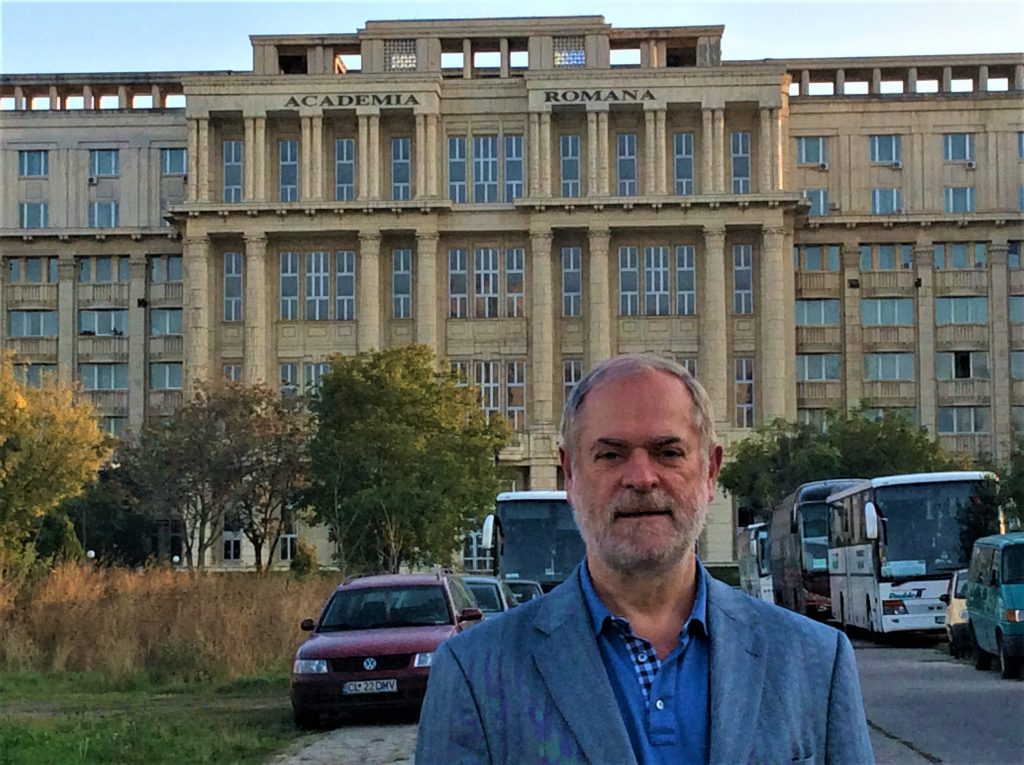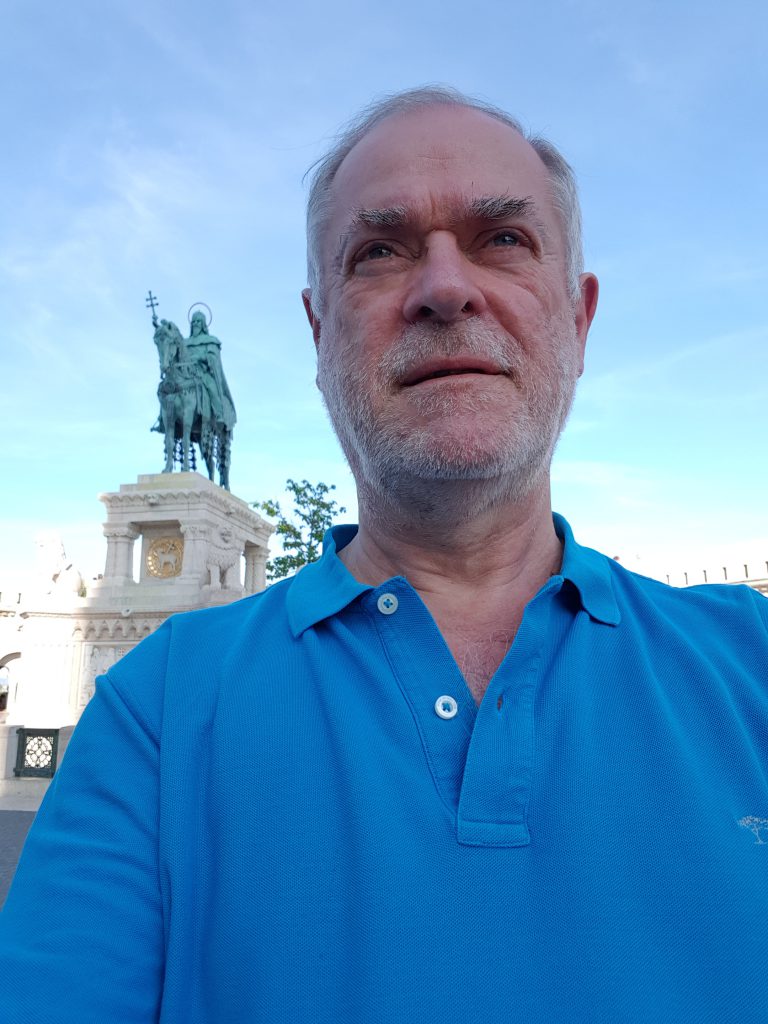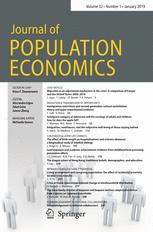Accessible childcare services enhance women’s labor market performances and reduce gender gaps, now supported by research for Vietnam. The GLO Discussion Paper of the Month of May 2019 explores the relationship between the use and availability of childcare and maternal employment in the context of this emerging Asian country.
GLO Discussion Papers are research and policy papers of the GLO Network which are widely circulated to encourage discussion. Provided in cooperation with EconStor, a service of the ZBW – Leibniz Information Centre for Economics, GLO Discussion Papers are among others listed in RePEc (see IDEAS, EconPapers). Complete list of all GLO DPs downloadable for free.
GLO Discussion Paper of the Month: May
GLO Discussion Paper No. 349 Childcare and Maternal Employment: Evidence from Vietnam – Download PDF
by Dang, Hai-Anh H. & Hiraga, Masako & Nguyen, Cuong Viet
GLO Fellow Hai-Anh Dang
Abstract: Little literature currently exists on the effects of childcare use on maternal labor market outcomes in a developing country context, and recent studies offer mixed results. We attempt to fill this gap by analyzing several of the latest rounds of the Vietnam Household Living Standards Survey spanning the early to mid-2010s. Addressing endogeneity issues with a regression discontinuity estimator based on children’s birth months, we find a sizable effect of childcare attendance on women’s labor market outcomes, including their total annual wages, household income, and poverty status. The effects of childcare attendance differ by women’s characteristics and are particularly strong for younger, more educated women. Furthermore, childcare has a medium-term effect and positively impacts men’s labor market outcomes as well.
GLO Discussion Papers of May 2019
353 The Effect of 9/11 on Immigrants’ Ethnic Identity and Employment: Evidence from Germany – Download PDF
by Delaporte, Isaure
352 The effect of immigration on natives’ well-being in the European union – Download PDF
by O’Connor, Kelsey J.
351 Who is in favor of immigration – Download PDF
by Epstein, Gil S. & Katav-Herz, Shirit
350 The Immigrant-Native Wage Gap in Germany Revisited – Download PDF
by Ingwersen, Kai & Thomsen, Stephan L.
349 Childcare and Maternal Employment: Evidence from Vietnam – Download PDF
by Dang, Hai-Anh H. & Hiraga, Masako & Nguyen, Cuong Viet
348 Employment Effects of Offshore Oil and Gas Regulations – Download PDF
by Payson, Steven & Sloboda, Brian W.
347 Works Councils and Organizational Gender Policies in Germany – Download PDF
by Jirjahn, Uwe & Mohrenweiser, Jens
346 The Effect of Education on Health: Evidence from the 1997 Compulsory Schooling Reform in Turkey – Download PDF
by Baltagi, Badi H. & Flores-Lagunes, Alfonso & Karatas, Haci M.
345 Ethnic Identity and the Employment Outcomes of Immigrants: Evidence from France – Download PDF
by Delaporte, Isaure
GLO DP Team
Senior
Editors: Matloob Piracha (University of Kent) & GLO; Klaus F.
Zimmermann (UNU-MERIT, Maastricht University and Bonn University).
Managing Editor: Magdalena Ulceluse, University of Groningen. DP@glabor.org
Ends;

